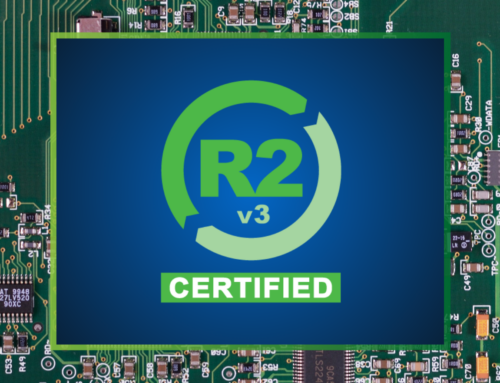If you’re a network professional looking to prove your skills by getting Cisco certified with your CCNA (or other Cisco credentials like a CCNP or CCIE) that can translate to more pay and better job opportunities for your future, you may find yourself overwhelmed trying to fit in the necessary time to study and get the hands-on practice you need, while balancing the demands of your busy work day. This is why setting up a home lab can be one of the most useful learning tools to help your prepare for your CCNA.
The right questions
But before you dive in spending the additional time and money it will take to build your home lab, you need to ask yourself some very important questions like:
- How much hands-on skill and knowledge will I actually need to pass the certification exam?
- Could I use this home lab again for future examinations?
- What will it cost?
- Is this investment worth the return?
- How much can I expect it to help?
While each of these answers is individual to the skill, finances, workload, timeline, and expertise of the person preparing for the exam, there are some basic things you can do to assess whether or not a home based lab is right for you.
Is a home lab right for you?
First, honestly assess where you’re at and what you may still need to learn or perfect in order to earn your certification.
Do your research
“How much will it cost?” Well, that all depends on you—how much you know and how much research you’re willing put into figuring out exactly what you need to create a lab that fits your situation.
Should you go with 3 switches and 2 routers, or is 3 routers and 2 switches a better configuration? Do you want to go with the least expensive equipment you can, like 2950 switches in preparation for your CCNA or are you looking to take on other certifications (like the CCNP or CCIE) in the future and is it better to invest in 3550 or 3750 switches now? Is the extra cost for a ready-made kit worth the convenience and time saved or are you better off with a custom configuration that gets you the best bang for your buck?
There is absolutely a direct correlation between the amount of effort you’re willing to put into researching what’s right for your specific needs and how much time you’re willing to dedicate to DIYing your lab and getting the best deal for your circumstances. The more time and elbow grease you spend on the front end, the less cost you’ll have in putting it all together.
Check out certification forums like Tech Exams to see what others have found useful in your same or similar situation.
Virtual labs – a side note
Online video courses and virtual labs that let you remote over the Internet into someone else’s lab instead of setting up your own at home are another viable option that allows you to prepare for your exam outside of the workplace. While at first blush this option may feel like the right fit for your budget or time constraints, it’s important to investigate before you go too far down that road.
As we mentioned before, each IT professional’s skill set, experience, and needs are unique to them, as are their plans for the future of their career, which means you’ll need to be extra careful in choosing a virtual lab to suit your requirements.
In addition, with a virtual lab, you’ll be missing out on the valuable hands-on experience of actually seeing and feeling your network in action. This is something that, especially if you’re just getting started like with the CCNA, bridges the gap between the theoretical content and the very real, tangible experience of punching down the cables yourself.
And while it may have been too cost prohibitive in the past for many network professionals to set up their own home labs, today the affordability of the equipment and the ability to purchase inspected and tested refurbished equipment, make setting up your own home lab easier and more compelling than ever before.
No matter where you’re starting from or looking to land in the future, the benefits of hands-on experience, whether gained in the workplace or in a home lab will prove invaluable to your IT certification training program, allowing you to integrate the certification prep curriculum into a real working environment.
After setting up your home lab, you’ll want some tips for how to actually obtain the certification. Check out our post How to Become a Cisco Certified Network Associate (CCNA) for more information.




